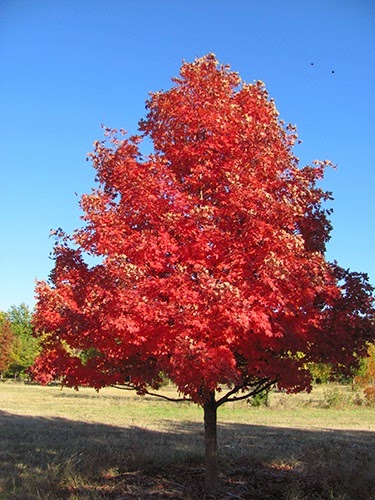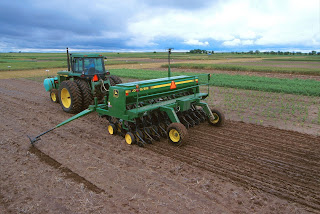Prepare Kansas: Keep Food Safe during a Disaster
Nora Rhoades- Family and Youth Development Agent
Facebook will play a key role in Prepare
Kansas 2016, K-State Research and Extension’s effort to prepare Kansans for
emergencies.
Ice storms,
tornadoes, and flooding, oh my! Kansas has them all and more. Do you really
know how long food will stay safe in the refrigerator if your power is out? Or
what foods and supplies you should have on hand in case of emergencies?
 Starting September
1, Prepare Kansas 2016 will provide tips on keeping food safe in emergency
situations. This year’s program will be conducted through the K-State
Research and Extension Facebook page. No
registration is required, so Kansans and anyone interested in planning ahead
for emergencies can follow on Facebook at any time during September, pick up
handy information and interact with K-State extension specialists and agents.
Starting September
1, Prepare Kansas 2016 will provide tips on keeping food safe in emergency
situations. This year’s program will be conducted through the K-State
Research and Extension Facebook page. No
registration is required, so Kansans and anyone interested in planning ahead
for emergencies can follow on Facebook at any time during September, pick up
handy information and interact with K-State extension specialists and agents.
Throughout
2015, a total of 126 tornadoes alone occurred across the state, which made it
the fourth highest year for tornadoes since 1950, according to the Kansas
Department of Emergency Management.
“Kansas has
its share of disasters, whether it’s a homeowner’s basement flooding or a fire
affecting a whole block in a community. We’re committed to working with people
across the state to help them be prepared for anything that comes their
way,” said Kansas State University associate professor Elizabeth Kiss. “We
can’t always keep disasters from happening, but we know that being as prepared
as possible, whether it’s making an emergency kit or having copies of your
financial and personal information in a separate, safe place, aids in the
recovery from disasters.”
K-State
Research and Extension has a Prepare
Kansas blog, which provides tips and
resources on a range of emergency preparedness topics, including this
September’s focus on food safety.
“It is very
important to keep food safety in mind before, during and after emergencies such
as power outages and floods, to help to reduce the likelihood of people getting
sick from eating contaminated food. That would make a challenging situation
even worse,” said Londa Nwadike, consumer food safety specialist with K-State
Research and Extension. “Some of the food safety practices that are
important in emergency situations are good practices to help prevent people
from getting sick at any time.”
More
information on Prepare Kansas will be available in September at https://www.facebook.com/KStateRE and any time at https://blogs.k-state.edu/preparekansas/.
For a local
connection to emergency preparedness and food safety resources contact a Post
Rock District Family and Consumer Science Agent. The Post Rock District of
K-State Research and Extension serves Jewell, Lincoln, Mitchell, Osborne, and
Smith Counties. Contact information for the District includes: Osborne
346-2521, Beloit 738-3597, Lincoln 524-4432, Mankato 378-3174, and Smith Center
282-6823. Like “Post Rock Extension” on Facebook and follow us on Twitter. Our
website is www.postrock.ksu.edu.








